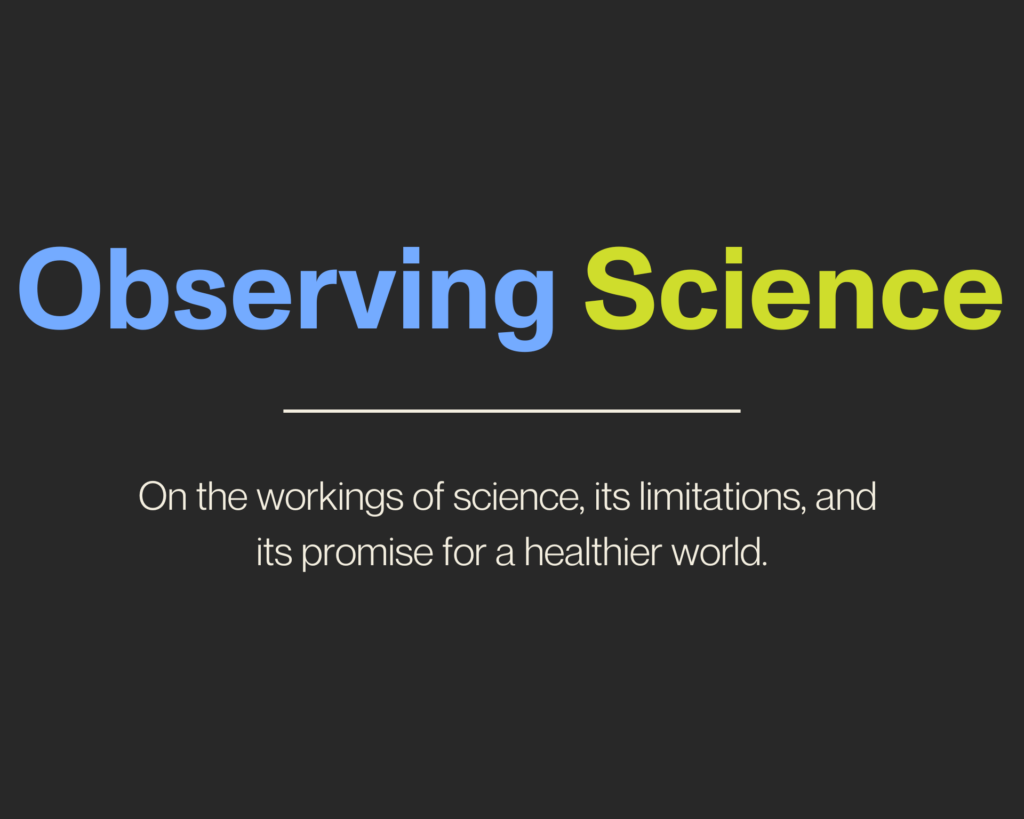Research on Sexual Violence: Sex the First Time
One in 16 women in the US are raped the first time they have sex, and this violence is associated with long-term, negative health effects.

Read Time: 3 minutes
Published:
One in 16 women in the US are raped the first time they have sex. According to a recent study, this forced or coerced sexual initiation, this violence, is associated with long-term, negative health effects.
Through a survey of 13,310 women aged 18 to 44 years, researchers Laura Hawks and colleagues found that women who experienced forced sexual initiation were more likely to have unwanted pregnancies or abortions over the course of their reproductive lives than those who consented to their first sexual encounter. Thirty percent of women who experienced involuntary sexual intercourse faced unwanted pregnancies compared to 19 percent of women who had sex voluntarily. Twenty-four percent of women in the former category had abortions compared to 17 percent of their counterparts in the latter group.
The odds of developing endometriosis were also higher for women who were raped during their first sexual encounter. Without proper treatment, endometriosis can cause painful menstrual periods, pain during intercourse, and excessive bleeding. In some cases, it also leads to infertility.
Sexual violence, particularly rape, is the most underreported crime in the US.
Compared with women whose first sexual experiences were voluntary, women with forced sexual initiation were also more likely to develop problems with ovulation, menstruation, and pelvic inflammatory disease. In terms of general health outcomes, survivors of forced sexual initiation reported more illicit drug use (2.6 percent versus 0.7 percent) and difficulty completing tasks due to a physical or mental health condition (9.0 percent versus 3.2 percent).
Of the women surveyed, the average age at the time of rape was 15.6 years and assailants were, on average, six years older. Women with forced sexual initiation reported being given a disorienting drug (22 percent), experiencing a physical threat (26.5 percent), or harm (25.1 percent) during the event.
Sexual violence, particularly rape, is the most underreported crime in the US. In fact, 63 percent of sexual assaults are not reported to the police. Given this reality, researchers from the study emphasize the need to incorporate awareness and understanding of trauma from sexual violence into clinical practice. Sexual violence prevention strategies include promoting social norms that protect against violence and providing opportunities to empower and support girls and women. Such practices work to ensure that women have pleasurable sexual experiences without coercion or violence.
Photo via Getty Images
If you have been affected by sexual violence and wish to speak with your nearest sexual assault service provider, call the National Sexual Assault Telephone Hotline (RAINN) at 1-800-273-8255 or visit rainn.org.



